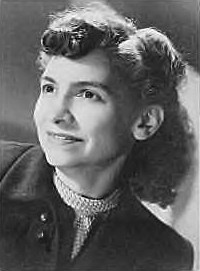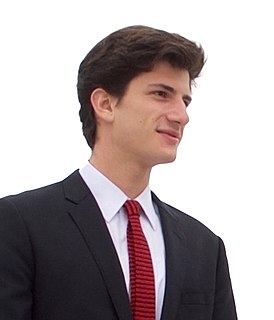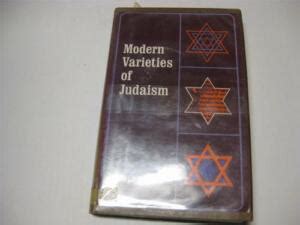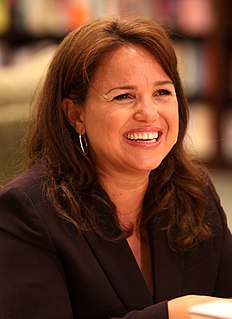A Quote by Vashti McCollum
Between being praised and persecuted condoned and condemned I might understandably have become bewildered particularly at the brand of ethics sometimes displayed by the staunch defenders of Christianity. But of one thing I am sure: I am sure that I fought not only for what I earnestly believed to be right but for the truest kind of religious freedom intended by the First Amendment the complete separation of church and state.
Quote Topics
Am
Amendment
Become
Being
Believed
Between
Bewildered
Brand
Christianity
Church
Church And State
Complete
Condemned
Defenders
Earnestly
Ethics
First
First Amendment
Fought
Freedom
Intended
Kind
Might
One Thing
Only
Particularly
Persecuted
Praised
Religious
Religious Freedom
Right
Separation
Separation Of Church And State
Sometimes
State
Staunch
Sure
Thing
Truest
Related Quotes
It is true that traditional Christianity is losing some of its appeal among Americans, but that is a religious, not political, matter. It is worth remembering that the Jeffersonian 'wall of separation' between church and state has always been intended to protect the church from the state as much as the state from the church.
The decision for complete religious freedom and for separation of church and state in the eyes of the rest of the world was perhaps the most important decision reached in the New World. Everywhere in the western world of the 18th century, church and state were one; and everywhere the state maintained an established church and tried to force conformity to its dogma.
At the time of the adoption of the constitution, and of the amendment to it, now under consideration [i.e., the First Amendment], the general, if not the universal sentiment in America was, that Christianity ought to receive encouragement from the state, so far as was not incompatible with the private rights of conscience, and the freedom of religious worship.
Kennedy believed in religious liberty and the separation of church and state. He did not believe in the right of elected officials to impose their religious views on others. He was the first Catholic ever elected president, and he spent much of the 1960 campaign defending his religion and assuring voters he would not take orders from the Vatican.
Now I realize it's fashionable in some circles to believe that no one in government should encourage others to read the Bible. That we're told we'll violate the constitutional separation of church and state established by the Founding Fathers and the First Amendment. The First Amendment was not written to protect people and their laws from religious values. It was written to protect those values from government tyranny.
The separation of church and state is necessary partly because if religion is good then the state shouldn't interfere with the religious vision or with the religious prophet. There must be a realm of truth beyond political competence, that's why there must be a separation of churches, but if religion is bad and a bad religion is one that gives an ultimate sanctity to some particular cause. Then religion mustn't interfere with the state - so one of the basic Democratic principles as we know it in America is the separation of church and state.
Today courts wrongly interpret separation of church and state to mean that religion has no place in the public arena, or that morality derived from religion should not be permitted to shape our laws. Somehow freedom for religious expression has become freedom from religious expression. Secularists want to empty the public square of religion and religious-based morality so they can monopolize the shared space of society with their own views. In the process they have made religious believers into second-class citizens.































